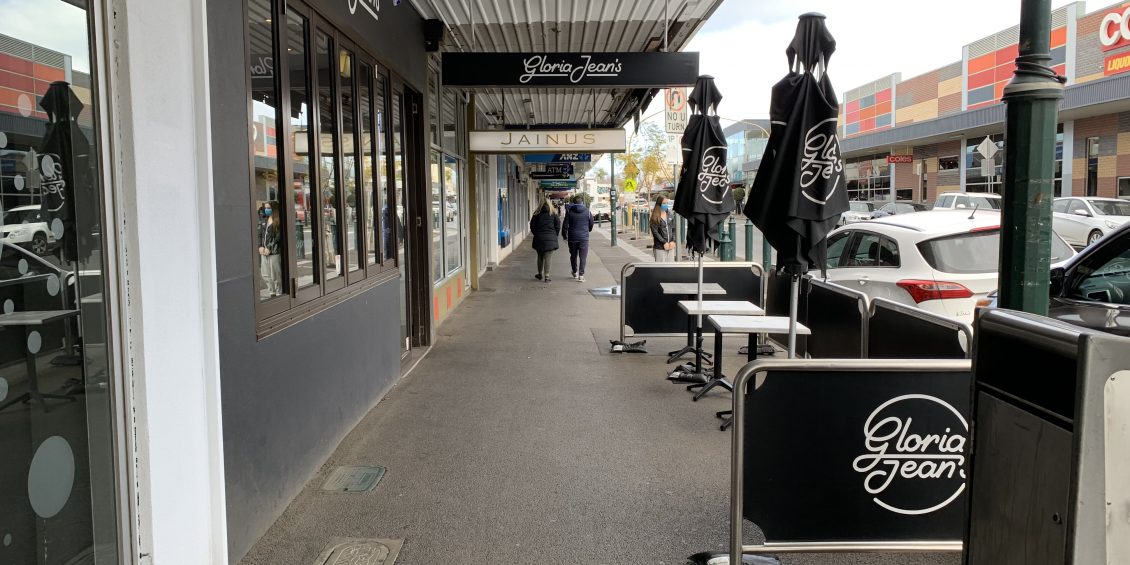
The global coronavirus pandemic has turned the world upside down.
Some businesses, particularly restaurants, hotels and cafes have been forced to close down and people have lost jobs.
The Council has worked hard to support the local community and businesses since the pandemic broke out in March, sometimes having to interpret rules set by the State and Federal governments.
A core group of councillors has been meeting the Council’s CEO and directors almost on a weekly basis since the outbreak of the coronavirus to discuss moves either put in place by the administration or actions which needed to be addressed.
About $3 million was spent on two community support packages in the 2019-20 financial year, with another $3 million earmarked for 2020-21 as outlined in the draft Budget.
Relief for businesses has been at the forefront in both packages.
Some of the support measures up until the end of June included refunding of fees for footpath table and chair settings for cafes and restaurants, refunding the fees for food premises’ health checks, and waiving the planning application fees for new start-up businesses in 2020.
We also waived winter ground allocation fees for sporting clubs during 2020.
That will continue in the new financial year with the waiving of summer fees for sporting clubs as part of a community and business recovery program worth nearly $3 million.
We have allocated about $60,000 for strategic planning support for sports clubs to get their training and competitions back running again.
That is especially important for female sports participants, as there is already some evidence that girls are likely to turn off sport as a result of the Covid-19 pandemic.
The 2020-21 Budget has also seen the addition of $500,000 to our normal community grants program.
Plus Council has brought forward the allocation of grants by about two months so that organisations can benefit sooner.
All levels of government know that when a recession evolves, creating or maintaining jobs is important.

When people are employed, they generally spend money, which keeps the local economy ticking along.
My view is that Council needs to maintain a solid capital works program to provide jobs while delivering on the community’s expectations.
Pulling down the shutters can have an adverse effect on the local economy.
Before the coronavirus came along, the Council was planning an ambitious $72.8 million capital works budget – about double the level of about three or four years ago.
But when the pandemic evolved, the capital works was cut back to about $55.6 million when the original draft Budget was to be released in April as we waited to see the effects of the coronavirus.
That Budget was never voted on because the State Government allowed councils to defer their budgets until the end of August to provide some clarity on the effect of the pandemic.
Now that we have a better handle on the effects of Covid-19, the draft capital works program has been increased to $67.9 million.
Importantly, we have to work together to get through this crisis and look after each other.



